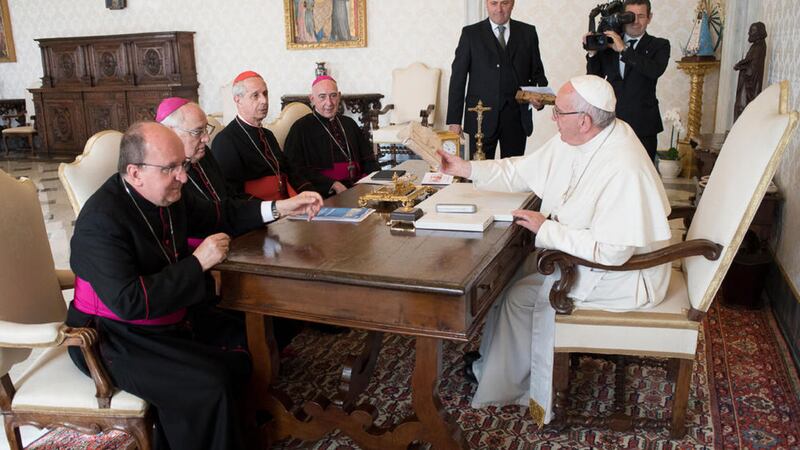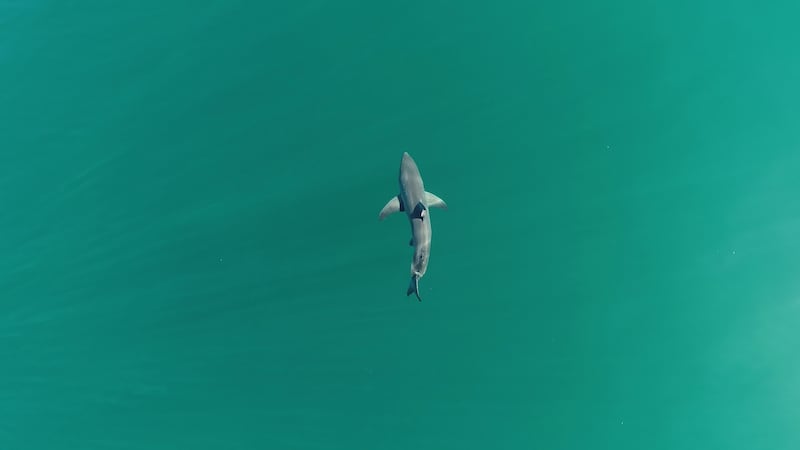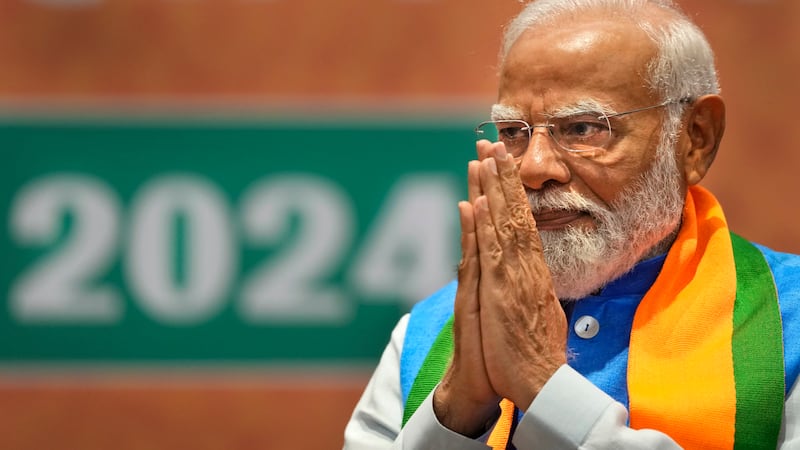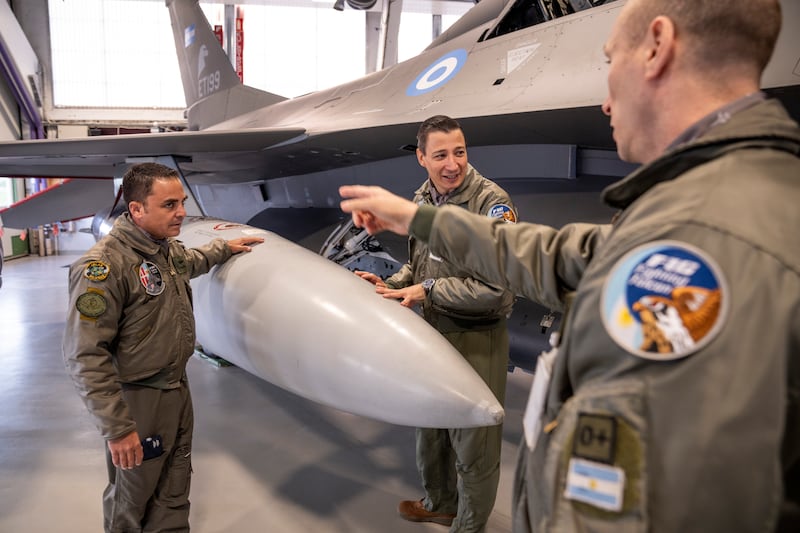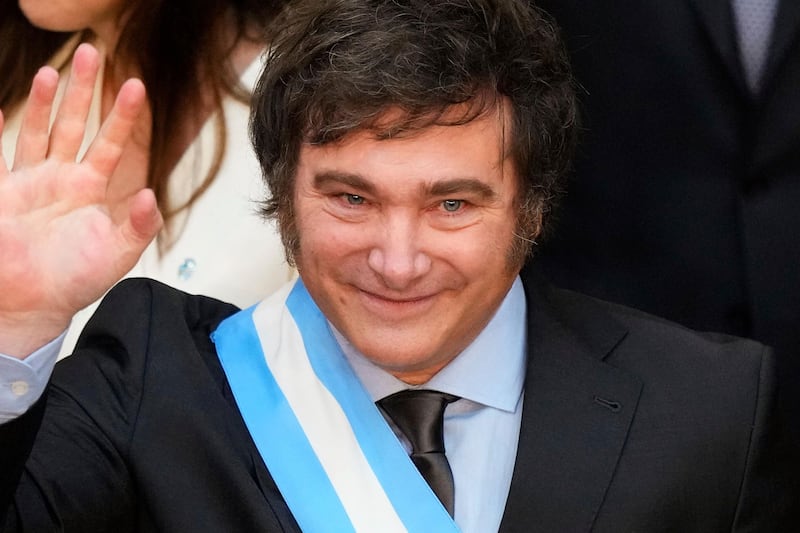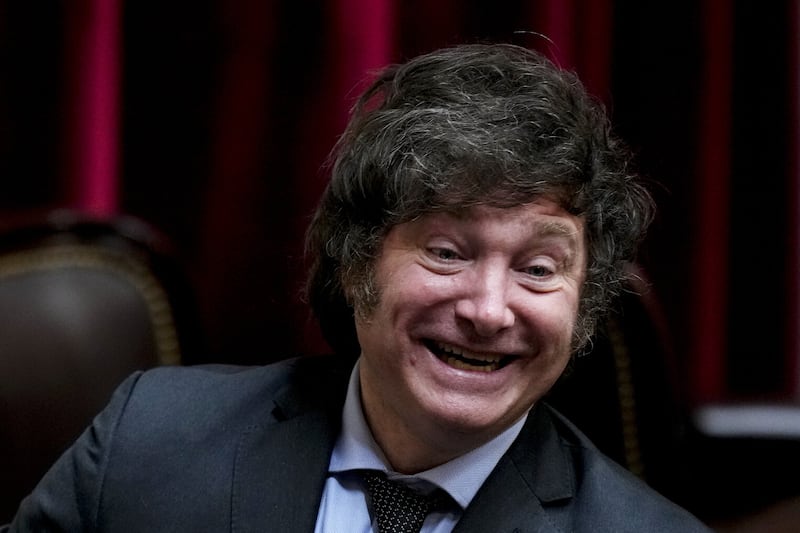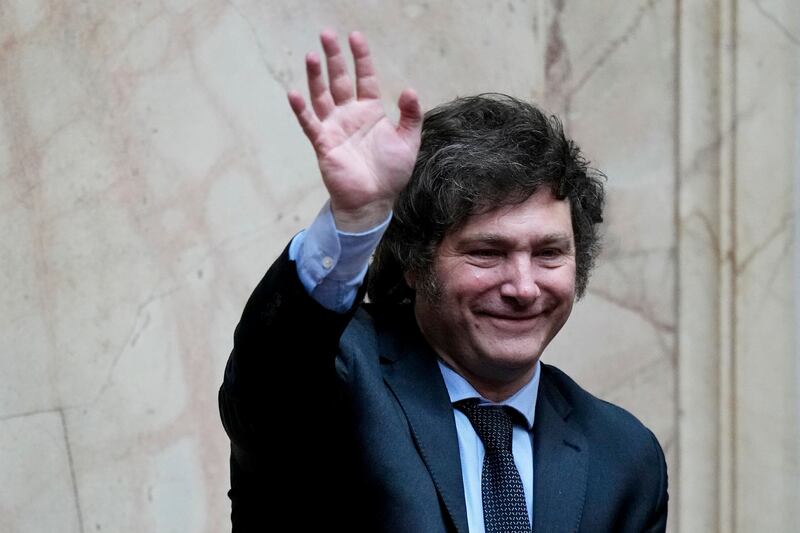THE Vatican and Argentina's Catholic Church are to make their archives from the time of the country's brutal "dirty war" available to victims who have long accused the Church of complicity with the former military dictatorship.
A joint statement said the process of cataloguing and digitalisation of the archive is now complete, and procedures for victims to access the information will be forthcoming.
The decision to open the archives of the Vatican, its Buenos Aires embassy and the Argentine bishops' conference was taken "in the service of truth, justice and peace", the statement added.
Pope Francis had pledged to open the archives when pressed by relatives of the "desaparecidos", or disappeared, particularly the Mothers of the Plaza de Mayo.
Francis was the Jesuit superior in Argentina during the country's 1976-1983 dictatorship.
No date has been set for the release of the information.
About 13,000 people were killed or disappeared in a government-sponsored crackdown on leftist dissidents during Argentina's "dirty war", according to official estimates.
Human rights activists believe the real number could be as high as 30,000.
Many senior clerics were close to Argentina's military rulers at the time and human rights groups have accused them of complicity with the regime.
Francis himself was criticised for not speaking out publicly about the atrocities, but he has also been credited with saving the lives of several people, providing sanctuary in the seminary and helping spirit them out of the country.
Vatican spokesman Greg Burke stressed that for now the archives would only be open to people directly involved in the war, and not to academics. He suggested a broader opening could come later.
